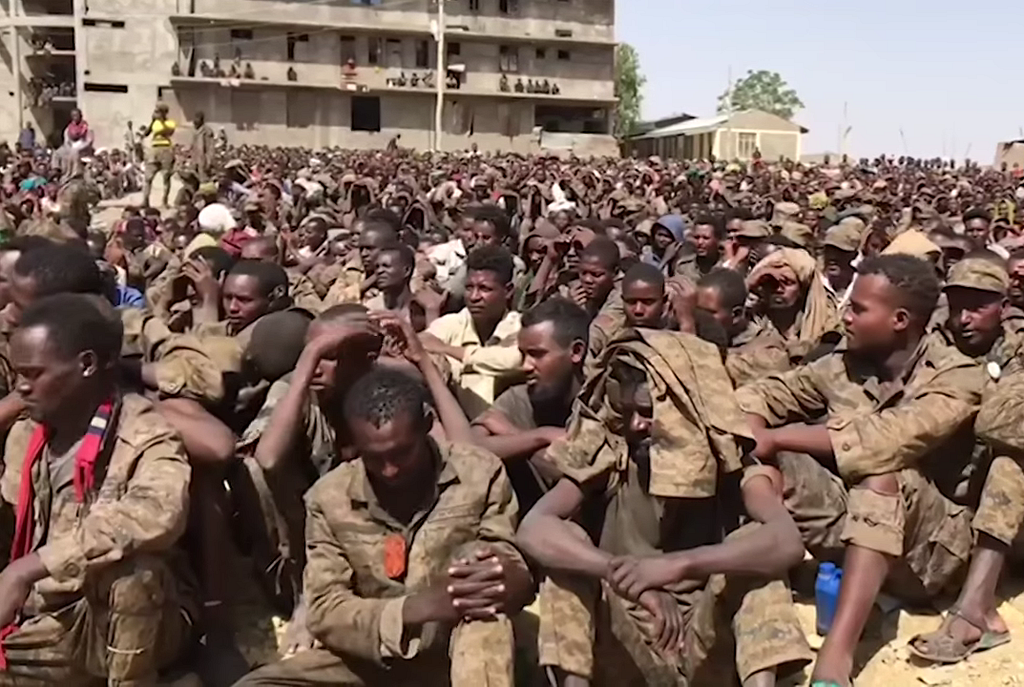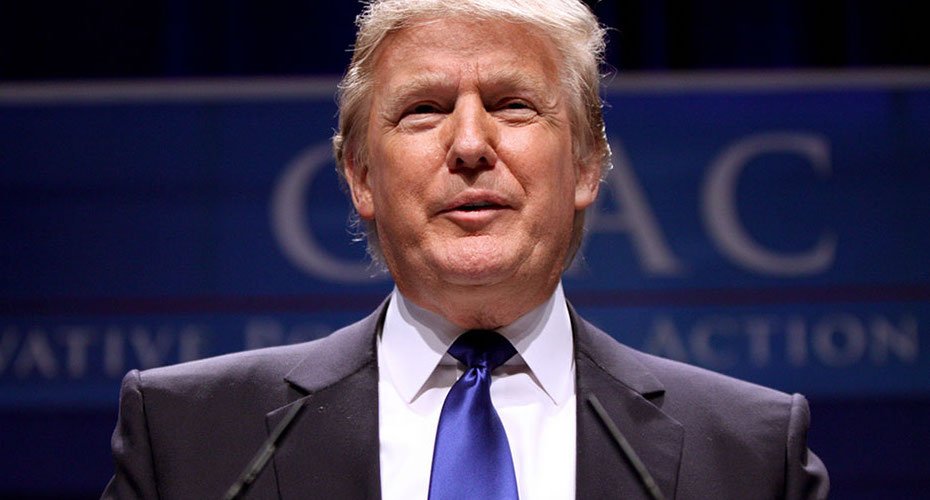Ethiopia’s main opposition party, the Tigray People’s Liberation Front (TPLF), has been officially banned by the country’s electoral agency, raising serious concerns about the stability of the 2022 peace agreement that ended years of conflict in the northern Tigray region.
The National Election Board of Ethiopia revoked the TPLF’s legal status on Wednesday, citing the party’s failure to hold a general assembly as the reason for deregistration. The decision comes amid escalating political tensions in Tigray ahead of Ethiopia’s nationwide elections scheduled by June next year at the latest.
The TPLF, which governed Ethiopia from 1991 until its dissolution in 2019 following the rise of Prime Minister Abiy Ahmed, currently leads Tigray’s interim administration established under the Pretoria peace agreement signed in November 2022. However, internal splits within the party have prevented it from conducting the required internal elections.
In response to the ban, the TPLF has called on the African Union (AU) to mediate with the Ethiopian federal government and urged the AU to pressure the government to suspend enforcement of the ban. The party described the move as a “serious threat” to the peace process and a violation of the Pretoria Agreement, which emphasizes mutual recognition and resolution of disputes through dialogue.
Ammanuel Assefa, TPLF deputy chairman, warned that the deregistration could “damage the Pretoria agreement” and harm the sacrifices made for peace. He stressed that the ban risks destabilizing the fragile truce and the region’s future.
The peace deal ended two years of devastating civil war that displaced millions and claimed tens of thousands of lives. Delays in implementing key terms of the agreement, including the return of displaced persons, have already fueled fears of renewed violence in Tigray.
International observers, including the US, UK, and European Union, have expressed concern over rising tensions and called for restraint, emphasizing the need to avoid any return to conflict.
The political developments in Ethiopia remain critical to regional stability, with the upcoming elections expected to be a major test for the peace process and the country’s fragile unity.
For more updates on global political developments, visit BlogHear.com.




